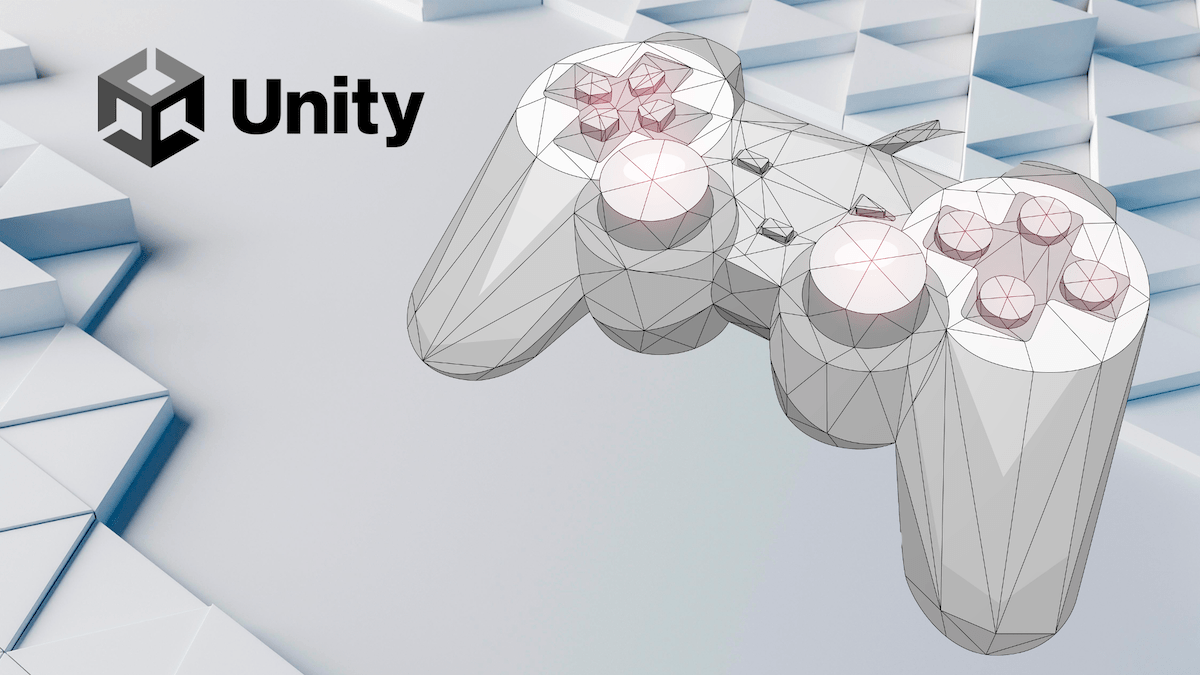Unity has recently announced it added a new decentralization category to its asset marketplace – Unity Asset Store, where developers can buy Web3 assets and other resources to use in their projects for shipping games faster without having to create everything from scratch.
The renowned game engine is one of the most popular players in the gaming industry. Its 2022 report, based on data gathered from 230,000 Unity developers – showed that the number of new creators was up 31%, and the number of games created on its platform was up 93% in 2022 compared to 2021.
With this move, Unity will help game developers transition to Web3 by providing supportive SDKs. Only trustworthy third-party solutions are included. To that end, the game engine teams up with leading blockchain companies and verify their solutions are compatible with the latest version of Unity.
Currently, the marketplace includes 13 decentralized technology Verified Solutions, including MetaMask, Algorand, Altura, Aptos, Flow, Immutable, Infura, Nefta, Ore ID, Quartes, Solana, Tezos, and Truffle.
This is an important milestone toward Web3 mass adoption as a whole. As shown by DappRadar’s 2022 blockchain gaming report, gaming dapps represent a segment that accounts for 50% of the dapp industry. Insights gained by decentralizing games will reveal lessons for all participants, even with different Web3 backgrounds.
Decentralization in gaming
Decentralized games have many upsides. First of all, contrary to conventional games that store data on central servers, they distribute data among an extensive network of servers worldwide, making it difficult for hackers to exploit the system and steal players’ data.
Secondly, when decentralization is combined with blockchain technology which enables smart contracts, crypto wallets, and NFTs, gamers can own their in-game assets and transfer them to different chains, and use them in multiple games.
Third-party solutions released on the Unity marketplace will facilitate and accelerate this process because Web2 game developers will be able to learn more about and test decentralized Web3 features in an environment where they already have massive experience.
Exploring new monetization options
To give you another idea, Immutable Unity SDK will equip devs with tools to explore new monetization methods for their games. Immutable X is known for minting NFT assets for free with low gas fees – a tremendous advantage as games require a large number of assets.
One way developers can leverage it is to build gamified metaverse experiences and publish them on major metaverse platforms to earn income from entry fees. This method is widely applied by game devs and designers, particularly in Decentraland and the SandBox – two Web3 heavyweights developed using Unity.

Multichain support for decentralized gaming
Unity collaborated with multiple blockchains for decentralized gaming solutions. Game devs can test and integrate their games with Algorand, Solana, Flow, and Tezos blockchains. Creating solutions for different blockchains opens up possibilities for listing NFTs on compatible marketplaces too.
Testing new blockchain concepts
Unity’s asset store partners are experts in developing novel solutions for the blockchain industry. As such, Unity devs can test new concepts relatively quickly. One of these concepts is smart NFTs introduced by Altura; they are dynamic ERC-1155 in-game items that programmatically update properties like character names, levels, or attributes.
Seamless onboarding
Web3 games must improve user experience to onboard a growing number of users. At a minimum, a simple mobile signup process for gamers is necessary. In this regard, Unity game devs can utilize Algorand SDK to allow users to connect and sign transactions using Pera Wallet and WalletConnect.
Improving blockchain sustainability
Blockchains are often criticized for their negative environmental impacts. Apart from providing SDKs for game developers, Unity makes a contribution by requiring all verified solutions to follow its sustainability guidelines.
Credit: Source link



























